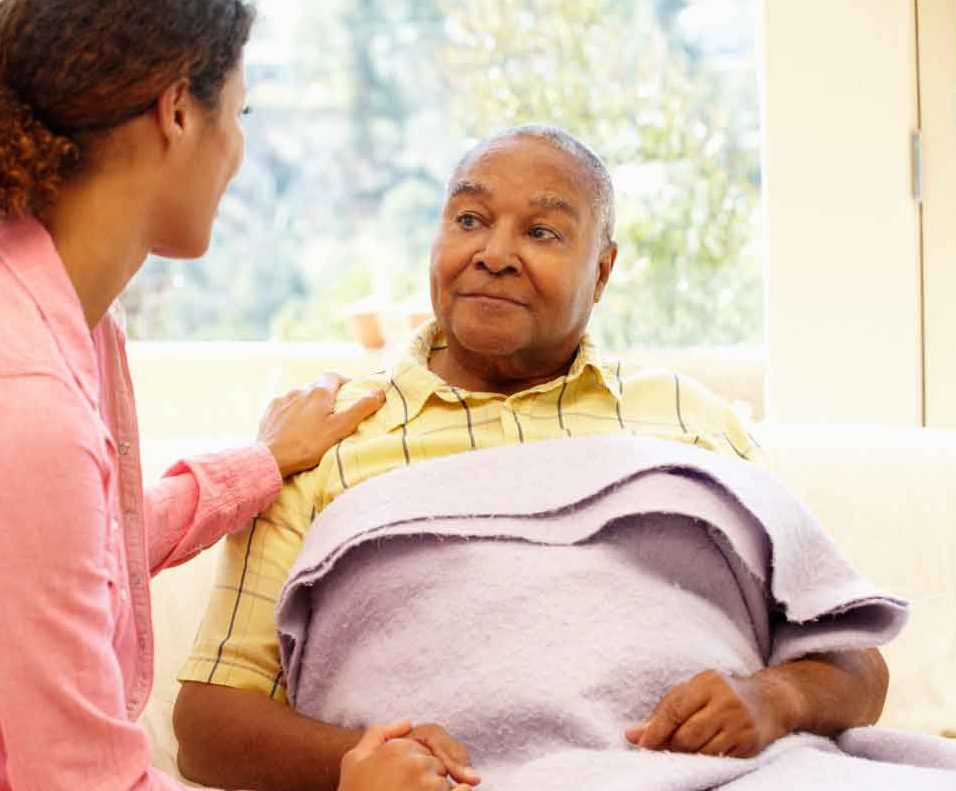Dying at Home Is More Comfortable

Many terminal cancer patients would choose to spend their final days at home with their families, but dying at home can be difficult to arrange.
If you knew you would die from cancer, you would probably choose not to pass away in a hospital or hospice.
The research agrees, suggesting that patients who die at home experience the same amount of pain as hospital patients during their last week of life yet feel more peace.
Relatives may feel less intense grief. Often, they would choose to keep a loved one at home, but that last wish seldom comes true. One reason is that relatives may not be able to take time off from work or afford lost pay.
When a family member can be available for at least two weeks, patients are more likely to die at home, according to a small British study. Home doctor visits and around-the-clock nursing also help.
YOU MIGHT ALSO LIKE: Is Long-Term Care Insurance Right for You?
Some governments have set up programs to make caring for dying family members easier.
In Canada, a compassionate care insurance benefit offers employees up to 26 weeks of pay. In the United States, federal law guarantees most workers at companies with at least 50 employees an option for unpaid leave to care for a family member. A small group of states have paid family leave policies, usually for up to 12 weeks.
David Bolotsky, founder and CEO of the Brooklyn, N.Y.-based design firm UncommonGoods, argues that more states should adopt that policy.
“We know that statewide paid-family-leave programs do not hurt businesses. California was the first state to implement it, in 2004. Five years later, the majority of businesses reported that it had a positive or no effect on profitability, productivity, employee turnover and morale,” he wrote.
If you or a family member face a terminal illness, start talking early about what it would take to leave a hospital and enter a hospice or receive hospice care at home. Make a plan about end-of-life care, to ensure your wishes or you family member’s wishes about medical care are met.
Hospice care providers offer patients relief from physical pain, preservation of their dignity, and respect for the psychological and spiritual aspects of death.
In 2020, more than 1.7 million Americans who were enrolled in Medicare received hospice services, the National Hospice and Palliative Care Organization reports. Most people had hospice care at a private home. About half of the at-home patients received care for 23 or fewer days.
Choosing to accept death does not mean you will die sooner. The opposite may be true. In an analysis of data from more than 2,300 advanced cancer patients (with mainly lung or gastrointestinal cancers), those who received out-patient hospice care lived 4.5 months longer than people who kept seeking a cure.
Updated:
May 02, 2023
Reviewed By:
Christopher Nystuen, MD, MBA and Janet O'Dell, RN